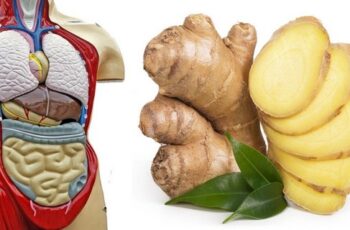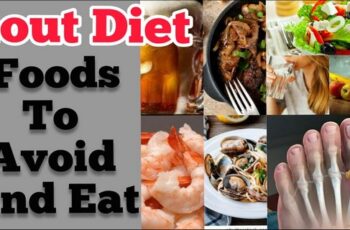Ad Blocker Detected
Our website is made possible by displaying online advertisements to our visitors. Please consider supporting us by disabling your ad blocker.
STORY AT-A-GLANCE
- Avocation B, a type of fat found in avocados, was found to combat acute myeloid leukemia (AML), which is a particularly rare and deadly form of cancer
- The avocado fat was able to wipe out the leukemia stem cells while leaving healthy cells unharmed
- Avocados are also rich in cancer-fighting carotenoids, which are most plentiful in the dark-green portion of the flesh that’s closest to the skin
Avocados are one of the healthiest foods you can eat. Personally, I eat one almost every day. If you’re an avocado fan, which 60 percent of Americans claim to be,1 you’re probably aware that they’re an excellent source of healthy monounsaturated fat, vitamins, and antioxidants. What you may not know, however, is that these super fruits also have cancer-fighting properties. In one of the latest studies, avocation B, a type of fat found in avocados, was found to combat acute myeloid leukemia (AML), which is a particularly rare and deadly form of cancer.
Avocado Fat May Kill Cancer Stem Cells
The study, published in Cancer Research, revealed that avocation B targets leukemia stem cells, which are responsible for causing most cases of AML recurrence.2
In those over 65, the disease is often deadly within five years, and there are few effective treatment options.3 The avocado fat was able to wipe out the leukemia stem cells while leaving healthy cells unharmed.
The researchers are working on developing a leukemia drug derived from avocation B, however, you can also get cancer-fighting agents just by eating avocados – especially if you peel them properly.
Avocados are rich in cancer-fighting carotenoids, which are most plentiful in the dark-green portion of the flesh that’s closest to the skin. In 2010, the California Avocado Commission issued guidelines for getting the most out of your avocado by peeling it the right way.4
“California-grown avocados contain 11 carotenoids. According to USDA’s Agricultural Research Service, avocados contain a complex package of phytonutrients, including carotenoids that may provide numerous health benefits.
Carotenoids appear to protect humans against certain cancers, heart disease and age-related macular degeneration. The UCLA research showed that in California avocados, the greatest concentration of beneficial carotenoids is in the dark green fruit of the avocado closest to the peel.”
To preserve the area with the greatest concentration of antioxidants, you basically want to peel the avocado with your hands, as you would a banana:
- First, cut the avocado length-wise, around the seed
- Holding each half, twist them in the opposite directions to separate them from the seed
- Remove the seed
- Cut each half, lengthwise
- Next, using your thumb and index finger, simply peel the skin off each piece
An Avocado a Day May Keep Bad Cholesterol Away
Eating healthy fats, including those in avocado, is important for protecting your heart health and optimizing your cholesterol levels.
Among overweight and obese Americans, those who consumed a moderate-fat diet with one avocado per day had lower low-density lipoprotein (LDL, or “bad”) cholesterol levels (by 13.5 mg/dL) compared to those eating an average American diet.5
Small dense LDL cholesterol was “especially” lowered, which is an important distinction. Large LDL particles are not harmful. Only small dense LDL particles can potentially be a problem, as they can squeeze through the lining of your arteries. If they oxidize, they can cause damage and inflammation.
The fact that eating an avocado a day helps lower this subset of potentially dangerous cholesterol particles is a good reason to add it to your diet… In addition, past research has shown avocados might help improve lipid profiles, both in healthy individuals and in those with mild hypercholesterolemia (elevated cholesterol levels).
Healthy individuals saw a 16 percent decrease in total cholesterol levels following a one-week-long diet high in monounsaturated fat from avocados.
In those with elevated cholesterol levels, the avocado diet resulted in a 17 percent decrease of serum total cholesterol, and a 22 percent decrease of both LDL cholesterol and triglycerides, along with an 11 percent increase of the so-called “good” HDL cholesterol.6
One study even found that eating one-half of a medium avocado with a hamburger significantly inhibited the production of the inflammatory compound Interleukin-6 (IL-6), compared to eating a burger without fresh avocado.7 According to lead author David Heber, MD, Ph.D., the findings offer “promising clues” about avocado’s ability to benefit vascular function and heart health.
Go to the Next Page To See more

